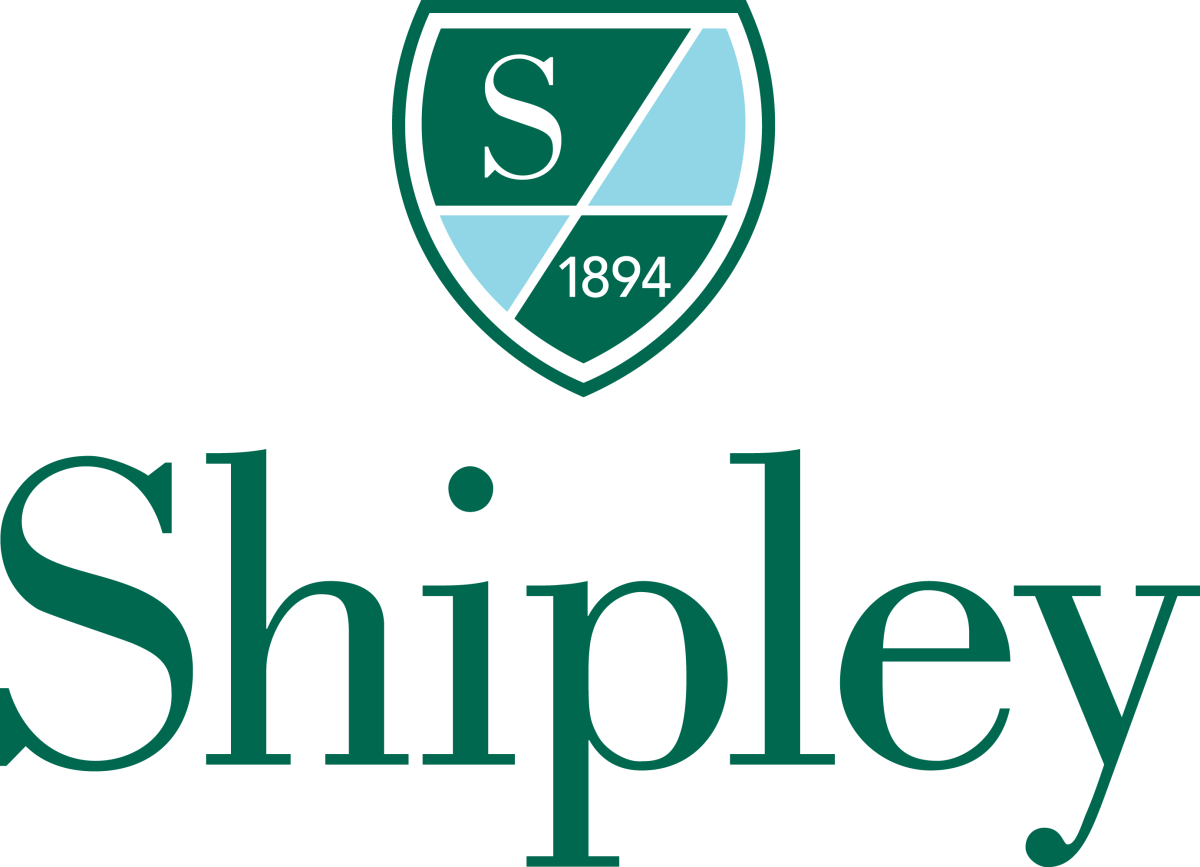It’s never too early to get your notes and papers in order as you prepare for exams! In this post, Natalie Shah ’18 gives insight into how to thrive this finals season.
It's Finals Season
It is that time of year again when you need to start thinking about exams, every student’s biggest stress. There are many ways to study for exams, and as always, you should use whatever strategy works best for you. With that being said, here are some strategies you can use to make sure you are on top of it all.
What to Do Right Now
Now is the perfect time for you to ask your teachers what material from this year will be on your exam. Most exams only cover the second semester, but in math, for example, there may be material from first semester that you will have to know. Over the next few weeks, one of the most important strategies you can utilize is to gather all of your tests and quizzes. Nearly all teachers will use similar questions on the exam from a test you have already taken this year. Pick and choose problems that know you need work on. In a way, you are better prepared for the exam than a regular test because you have learned and been tested on the material before. After this, you should find out what chapters and sections are your strengths and which sections you need to work on.
What to Do Next
As exams grow closer, you should try to come up with questions for your teachers about your weak spots. Asking questions is one of the best ways to learn. Upper School exams will be on May 31 and June 1, so there's less than a month to study on your own and come to class with questions for your teacher. The best way to break down material would be by section or chapter. Another helpful tip would be to know the format of your exam. The best way to test your brain is to ask yourself questions in the way you will actually be tested. That way when you go to take the exam, your brain will have already been prepared.
What to Do 1-2 Weeks Before
Now it is crunch time, and these last two weeks are a great time to meet with teachers and ask any questions you have regarding what the exam will cover. Teachers will have review days in class, but it is important to know what you need practice on and what you do not. The worst thing you could do is to cram a couple days before this exam. This will most likely get you more stressed and you will be less likely to remember the material. Remember to get in the habit of getting a good week of sleep and make sure your nutrition is balanced. As always, good luck!
This post originally appeared in the April 2017 edition of The Beacon.










